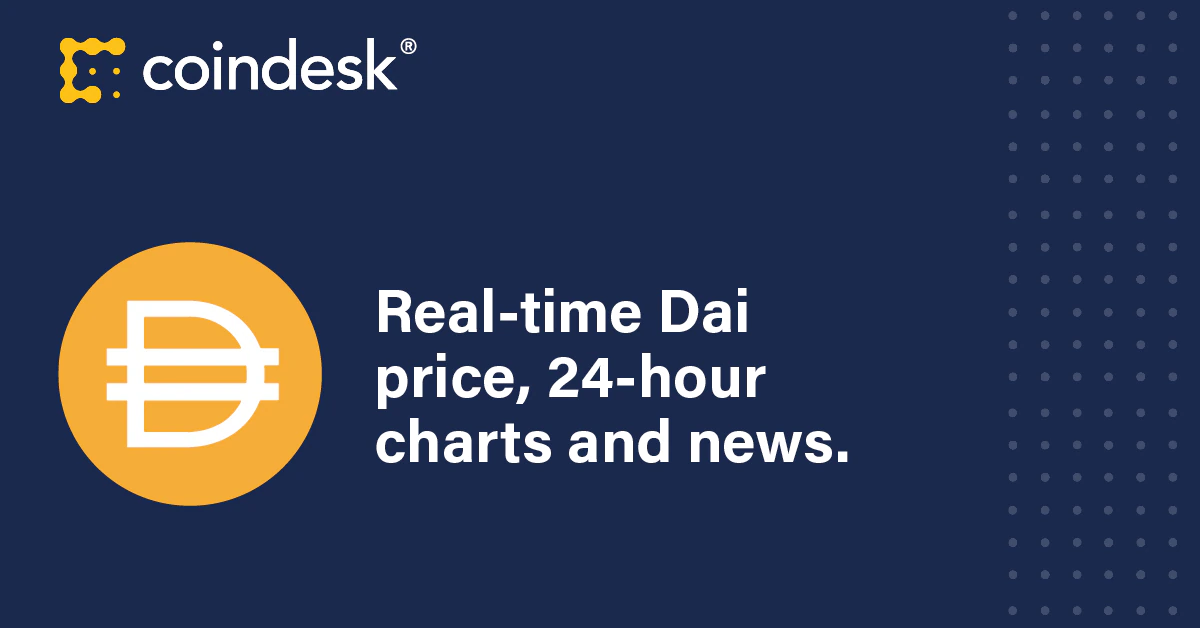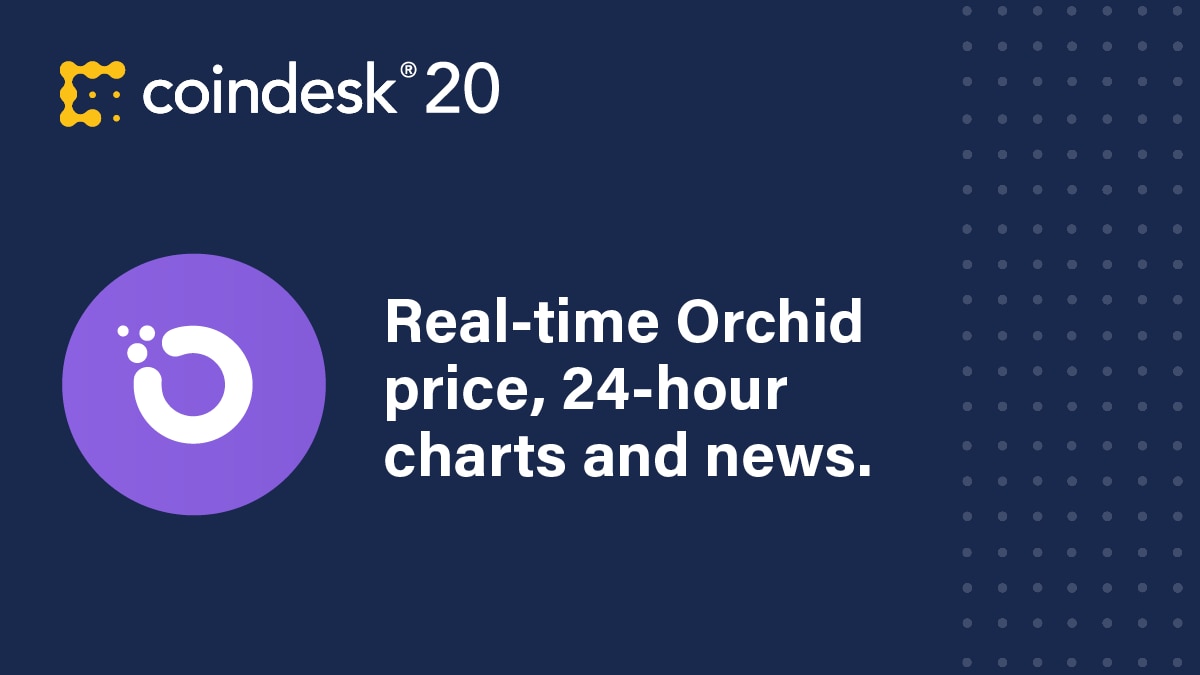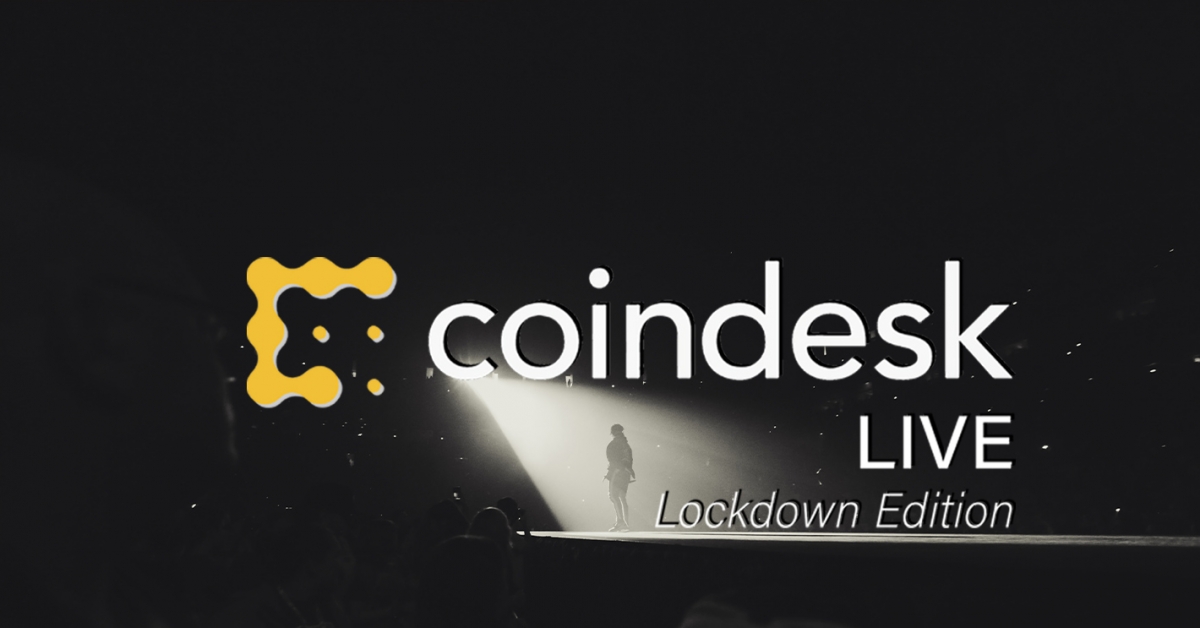Winklevoss Exchange Gemini Shuts Down Accounts Over Stablecoin Redemptions

Two over-the-counter trading desks say their accounts at Gemini, the crypto exchange founded by U.S. investors Cameron and Tyler Winklevoss, were abruptly closed without explanation over attempts to redeem GUSD, the company’s stablecoin first introduced in September.
The claims leveled against Gemini by the OTC desks, relayed under anonymity due to fears of reputational damage, hint at the business practices developing within the stablecoin market itself, now estimated to be worth nearly $3 billion.
In one instance, email correspondence obtained by CoinDesk shows an OTC trader based in Latin America had his account closed after he informed Gemini that he planned to redeem several million dollars of GUSD. (A major cryptocurrency exchange, speaking on condition of anonymity, attested to the desk’s professionalism and reported that it was in good standing.)
Still, Gemini said in a statement to the trader that a review “determined [the] account must be closed” and that it was “not able to elaborate on the specifics for this decision.”
When contacted by CoinDesk, Gemini declined to comment on the incidents.
However, the actions may hint at how measures taken by Gemini to boost GUSD adoption have had unintended impacts in practice. In a bid to capture market share, Gemini issued roughly 1 percent discounts on GUSD in 2018 to OTC desks and market makers, who were then made to agree on restrictions that would bar them from immediately redeeming the assets.
According to the trader based in Latin America, Gemini pitched the company on a discount deal that offered his firm the ability to buy tokens at below market value. (The company declined because the desk wanted to obtain GUSD so that it could be transferred to fiat.)
When the desk later acquired GUSD from its own network, the trader said he was warned by Gemini staff that redeeming millions of dollars would harm the stablecoin.
In another instance, a U.S.-based OTC desk told CoinDesk its Gemini account was promptly shut after redeeming several million GUSD. He now believes this was part of Gemini’s strategy to “maximize their status on CoinMarketCap.”
The trader provided emails to CoinDesk that show how Gemini closed the account without offering any reason, days after the desk redeemed GUSD.
These issues are so widely known that an OTC desk with an active Gemini account told CoinDesk he’s reluctant to redeem GUSD for fear of jeopardizing his account.
The trader told CoinDesk:
“So many players are unable to redeem, even very, very big OTC desks. Having an account doesn’t guarantee redeemability.”
Iced out
The fact that cryptocurrency traders are frustrated with Gemini’s offering is perhaps nothing new, as the exchange isn’t shy about its preference for institutional Wall Street traders, even launching a pricey ad campaign this year to promote itself as a “regulated exchange.”
In response to inquiries about such claims, Gemini submitted the following statement:
“Gemini is a New York trust company. As a result, some potential customers will be unable or unwilling to pass our robust compliance program. This is a feature, not a bug, and what makes Gemini different. We understand this may frustrate some, but this is necessary to build trust in the future of money.”
Gemini told CoinDesk the company has redeemed more than $133 million worth of GUSD, over half the supply created so far, with clients redeeming up to $40 million at a time.
Furthermore, a representative from a proprietary trading firm who uses the Gemini platform to trade and redeem GUSD, who asked to stay anonymous in order to avoid revealing which exchanges he uses, told CoinDesk the criticism lobbied by OTC traders may be influenced by competition rather than a lack of utility.
“They [Gemini] are not loved like other people, so I think that some of that is being transferred onto their product,” he said.
Still, other active companies in the market report that the level of restrictions on Gemini’s accounts exceed industry norms.
A third OTC desk told CoinDesk it was denied access to a Gemini account because it was allegedly offering a competing money-services business, despite the fact it believes it adheres to the same compliance principles as regional competitors that trade on Gemini.
Seeking demand
In some ways, OTC desks do directly compete with exchange platforms like Gemini. However, external context supports the notion that there may not be much organic demand for GUSD among professional traders.
Indeed, five unaffiliated OTC desks all told CoinDesk there was no demand for GUSD among their trading networks. OTC traders said it appears a high percentage of perceived GUSD trading activity is concentrated on exchanges that they do not use.
“The trading volume is dictated by [Gemini’s] actions and has nothing to do with the market, per se,” said one anonymous OTC trader who has worked with GUSD.
According to CoinMarketCap, the exchanges with the highest GUSD trading volume include OEX, Hotbit, Bitrue and Fatbtc. Gemini has no direct association with these exchanges.
In particular, OEX and Fatbtc are both ranked on the Blockchain Transparency Institutes’ advisory list. The nonprofit estimated that over 98 percent of those exchanges’ activity comes from automated trades, which typically involves bots rather than real users.
BloomX OTC desk founder Luis Buenaventura, whose desk is based in the Philippines, told CoinDesk there are fewer liquidity concerns related to GUSD’s rival, PAX, a dollar-pegged asset issued by the exchange Paxos, suggesting the trouble isn’t inherent to all heavily regulated stablecoins.
Yet, overall, Buenaventura still said his partners prefer the less heavily regulated stablecoin Tether because there is “limited liquidity amongst the other stablecoins.”
Cameron and Tyler Winklevoss image via Shutterstock









